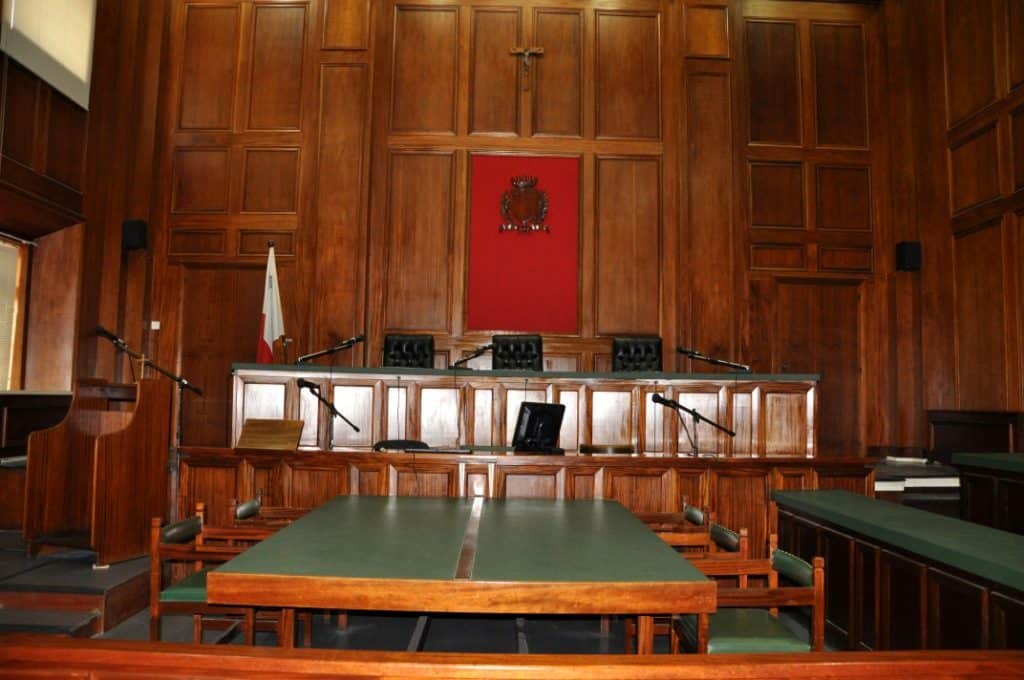
This morning’s judgement is a clear pronouncement that Owen Bonnici’s “reforms” on judicial appointments are worthless
The government, fronted mainly by Owen Bonnici, has repeatedly claimed Labour has enhanced judicial independence by amending the Constitution in 2016 and appointing a “Judicial Appointments Committee”.
The official story is that since the Judicial Appointments Committee is presided by the Chief Justice, includes the Attorney General and operates independently of the Prime Minister, the choice of new judges and magistrates happens independently of government. That is, after all, what is expected of modern democracy.
But this morning the Chief Justice Joseph Azzopardi and senior judges Giannino Caruana Demajo and Noel Cuschieri pretty much said Owen Bonnici’s argument is rubbish. True there’s something called “Judicial Appointments Committee” but it doesn’t actually do any appointing at all.
The point was made as the judges decided to refuse Repubblika’s request for Joseph Azzopardi to recuse himself from hearing their appeal on the case they have brought in court on judicial appointments. Repubblika are arguing the manner in which appointments are made is at the complete discretion of the prime minister and therefore the judiciary in Malta is not independent of the executive’s intervention.
Read here my earlier post on the court’s reasons for its refusal to Repubblika.
However, what makes fascinating reading is some of the background the judges gave before they came to that decision. The following is my translation:
“The Court’s President in his role as Chief Justice has no discretion on the appointment of members of the judiciary and his function is limited to chairing the Judicial Appointments Committee and the evaluation on the eligibility and merit of those who say are interested or who have been nominated by the Prime Minister to serve as a judge or a magistrate, and then makes its recommendations to the Justice Minister who in turn passes the recommendation to the Prime Minister that, in the current system, has the discretion on who to appoint to the judiciary; the discretion is so much in the prime minister’s hands — and not in the hands of the Judicial Appointments Committee — that the prime minister can disagree with the Committee’s recommendation and still appoint persons that were not approved by the Committee, as long as the prime minister gives reasons for their decision.
“The function of the Chief Justice when presiding the Committee on the evaluation fo candidates that have expressed their interest or have been nominated to the Committee to serve as judges or magistrates does not necessarily lead to the appointment of a member of the judiciary as this remains the discretion of the prime minister”.
Three senior judges, including the Chief Justice, have in a court decision made a pronouncement that has repeatedly been mocked and dismissed by Justice Minister Owen Bonnici whenever, up to now, the same point was made by Repubblika.
The Judicial Appointments Committee does not give an iota of independence to the judiciary in the matter of replenishing its own ranks. That choice is the prime minister’s and the prime minister’s alone.
The Venice Commission has explained what that means for our democracy. We don’t have one.
And the government is refusing the make changes and is instead persisting in making appointments even after it has been so explicitly advised by one of the most respected bodies of constitutional experts worldwide.
Instead, it is spending its time fighting little Repubblika in the courts.